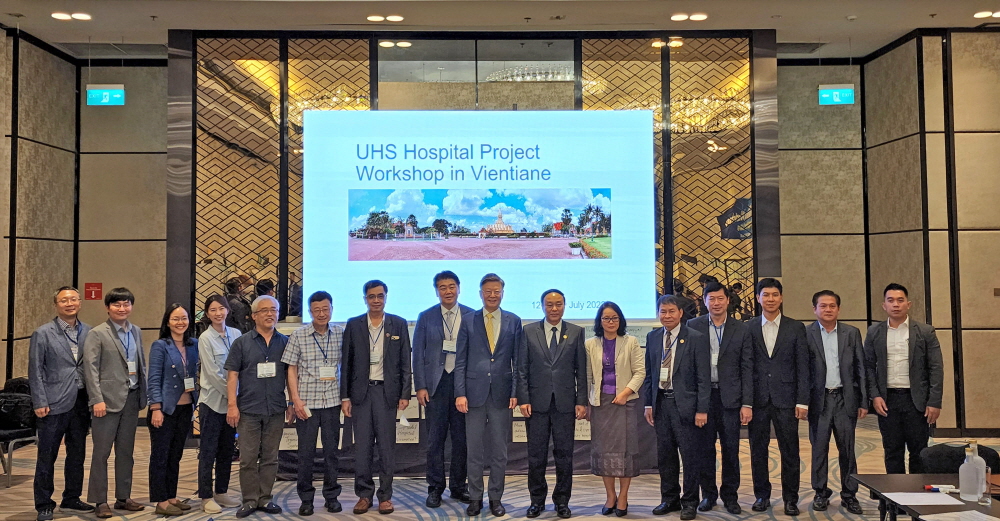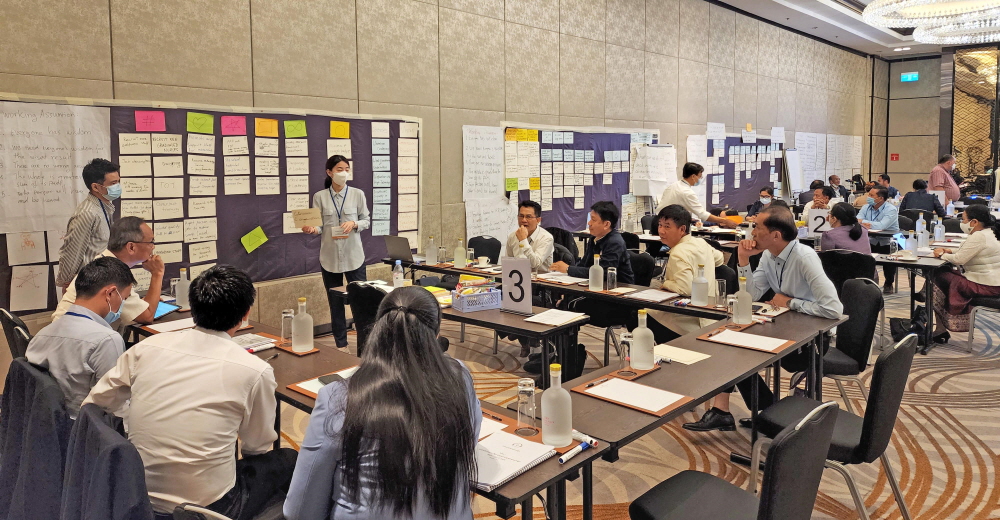RELATED Live.
- About us
- Find Hospitals
-
KIMA Doctors
- All
- Anesthesiology
- artificial joint center
- Breast and Endocrine Surgery
- Breast cancer and thyroid cancer center
- Breast Surgery
- Cardiology
- Cardiothoracic Surgery
- Cerebrovascular Center
- Colorectal Surgery
- dental and maxillofacial surgery
- Dermatology
- Endocrinology
- Gastroenterology
- General Surgery
- Genito-Urology
- Hematology
- Hemato-oncology
- Infection Center
- Internal Medicine
- International Healthcare Center
- Korean Medicine
- liver center/Pancreas and billiary tract center
- Liver Transplantation
- Neurology
- Neurosurgery
- Obstetrics & Gynecology
- Ophthalmology
- Orthopedic
- Otorhinolaryngology
- Pediatric & Juvenile
- Pediatric Allergy and Respiratory Diseases
- Pediatric Gastroenterology
- Pediatric Neurology
- Pediatrics
- Physical Medicine & Rehabilitation
- Plastic & Reconstructive Surgery
- plastic surgery
- Pulmonology
- Radiation oncology
- Rheumatology
- Thyroid & Endocrine Surgery
- Urology
- Vascular Surgery
- KIMA News
- KIMA Live
- Community
KIMA NEWS
- Workshop held to brief the attendees on the current status of the project to establish Laos’ first national university hospital and to concretize the vision

Seoul National University Hospital (SNUH) has announced that it successfully held a strategic planning workshop over 4 days from July 12 to 15 for a national university hospital in Laos at Crowne Plaza in Vientiane.
The workshop was held in the presence of 75 attendees, including SNUH President Kim Yon-su and Laos Health Minister Bounfeng Phoummalaysith, to brief stakeholders on the current status of the project to establish a hospital under the UHS (University of Health Sciences), as the first national university hospital in Laos, and to create a blueprint for the hospital.
During the workshop, there were various discussions about how to ensure a successful launch and to develop a sustainable operation model for the hospital, addressing the topics of an environmental scan (SWOT analysis), achievable vision, strategic direction, action plan, and inherent obstacles.

Consequently, it was possible to derive the vision of the UHS hospital constituting “an excellent training center for medical professionals” and a “smart hospital.”
In fact, the UHS hospital will be distinct from the five existing central hospitals as it will be the sole training hospital, with a simulation center being established in conjunction.
An official from the SNUH International Project Division supervising the project noted that the workshop provided an opportunity for members of the UHS hospital and other stakeholders to discuss the project’s mission and vision, which helped instill in them a sense of ownership, promoting participation and interest in the project.
SNUH President Kim Yon-su said, “The ultimate objective of this project is to fundamentally improve the quality of healthcare and the healthcare environment in Laos by establishing the first national university hospital in the country, thereby open a new horizon in the healthcare and medical sector of Laos. To this end, the SNUH consortium will leverage all the capabilities that it has honed in the relevant fields.”
“I ask for your interest and support for the project to build the first training hospital in Laos,” said Minister of Health Bounfeng Phoummalaysith, before adding, “I look forward to the development of a new HR development program in connection with the Lee Jong-wook Fellowship program that was launched in 2010.”
Last November, SNUH formed a consortium (consisting of SNUH, the Korea Health Industry Development Institute, KCA, MAC Architects-Consultants Group, DAAIN GROUP Architects & Engineers, and Sangji Group) to provide consulting on the project. It plans to impart its expertise in establishing and operating a national university hospital and training medical personnel over the course of seven years, based on its experience in driving advances in Korea’s healthcare sector starting with the Minnesota Project.
Inquiry